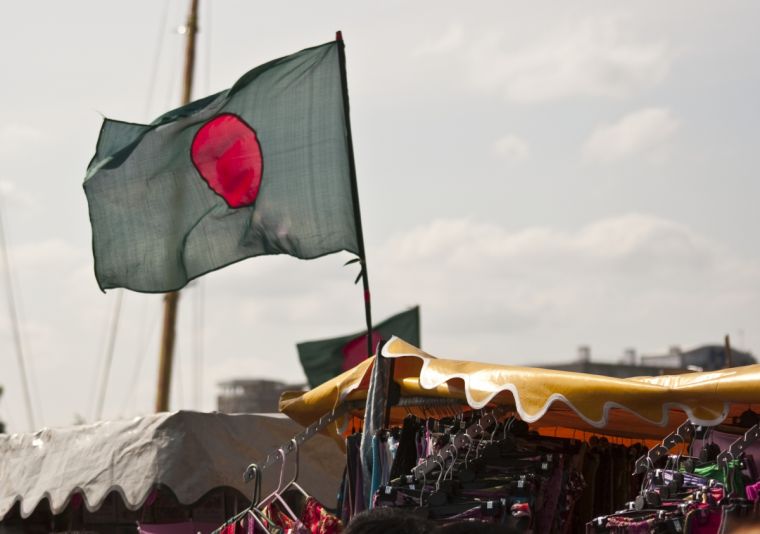Bangladesh: Suspected militants kill wife of anti-terror police officer
The wife of a police official known for battling Islamist extremism was shot dead in southeastern Bangladesh on Sunday, in what police suspected was the latest in a series of attacks by militants in the mainly Muslim South Asian nation.

Also on Sunday, a Christian businessman was hacked to death in the northern district of Natore, police official Manirul Islam said. It was not immediately clear who carried out the attack, he said.
Three assailants riding a motorcycle stabbed and then shot Mahmuda Aktar, 33, when she was on her way home after putting her son onto a school bus in the port city of Chittagong, said Humayan Kabir, deputy police commissioner of Chittagong.
"She was stabbed first. Then they shot her in the head three times," Kabir told Reuters by telephone.
Her husband, police superintendent Babul Aktar, played an important role in apprehending top militants in Bangladesh's southeast and Kabir said the killing could have militant links.
Islamist militants in Bangladesh have carried out a series of killings since early last year, with liberal bloggers, academics and members of religious minorities among their victims.
Aktar, who was recently posted to police headquarters in the capital, Dhaka, busted several hideouts of the banned group Jamaat-ul-Mujahideen, which has been active in the recent surge of violence.
His team also arrested one of the group's leaders, who was later killed in a grenade blast during a police raid in October.
The government has launched a security crackdown on Islamist militant groups who want to impose strict Islamic law on Bangladesh, whose population of 160 million are mostly moderate Muslims.
At least 28 people have been killed in attacks linked to militant groups since February last year.
The Islamic State group or al Qaeda have claimed responsibility for most of the killings but the government denies either group has a presence in Bangladesh and says home-grown radicals were responsible.
State Minister for Foreign Affairs Shahriar Alam told Reuters in an interview late last month that Islamic State was trying to ride a wave of religious radicalization by falsely claiming killings, and said there was enough evidence implicating domestic militant groups.











